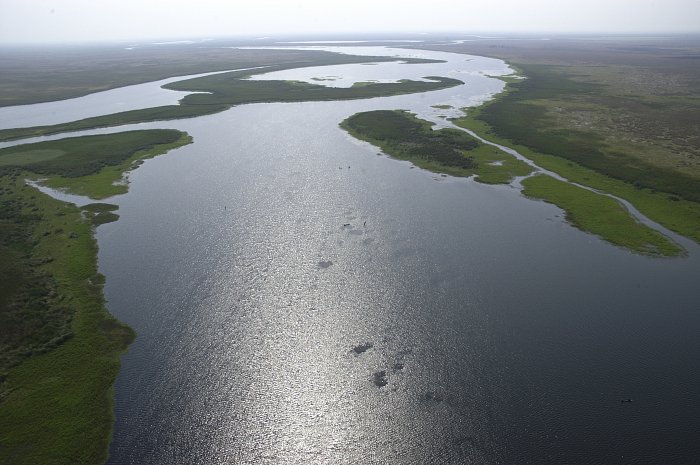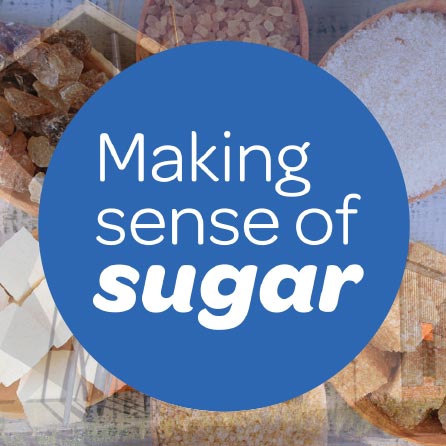29 August 2018
More crop per drop – AB Sugar’s approach to water stewardship
As the planet faces greater levels of climate change, water scarcity is one of the most urgent environmental and societal issues of our time. With many of our operations located in high water risk countries including China and Southern Africa; AB Sugar takes water stewardship extremely seriously. Growing sugar can be water intensive so our sugar businesses do everything they can to reduce, reuse, recycle and efficiently store the volumes of water used across our operations.
Our operations use water for crop irrigation, cleaning, washing, cooling machinery and in creating some of our co-products, to name but a few uses. We undertake a huge amount of work to ensure we reuse as much water as possible within our operations, helping our factories to run efficiently and within a circular economy model. As a result, the approaches our businesses have taken to reduce their water intake while ensuring responsible use of water helps us contribute to our sustainability commitment to reduce our end-to-end supply chain water footprint by 30% by 2030.
Here’s how some of our sugar businesses are acting responsibly in terms of water stewardship within their regions:
China
AB Sugar China are implementing a range of water risk reduction plans across its business after the regions where we operate were classified as ‘high water risk’[1]. For the 2018/19 sugar beet crop, 84% of the total crop is irrigated, with drip irrigation accounting for 46% of this; representing an average increase of 8% year-on-year. As a result, the business has found drip irrigation contributing towards enhanced crop growth as it uses 40-50% less water than conventional watering methods such as sprinklers. Additional benefits include preventing soil erosion and nutrient runoff as the water penetrates deeply into the soil around the root zone. Alongside the current Government support, AB Sugar China will continue to promote drip irrigation in both of its operating regions in the north.
Europe
Sugar beet is made up of a large amount of embedded water and both our British and Spanish businesses extract this water and where possible use it for process duties in its factories such as cleaning, heating, cooling and transportation. In the UK, over 80% of the water used by British Sugar derives from the beet crop and each factory also has its own water treatment facilities where it is treated before being returned to source for example, rivers, bore holes and town mains. In Spain, Azucarera also reuses over 75% of the water from the beet crop and has fitted its factories with equipment to ensure all water is recirculated and reused where possible. Azucarera has also recently joined an industry partnership to promote a shared commitment to reducing its water footprint.
Southern Africa
Sugar cane is heavily reliant on water to grow and our operations in Southern Africa are also experiencing challenges related to the impacts of climate change, resulting in sizeable risks to its cane production. Similar to our other operations, Illovo Sugar Africa (Illovo) reuses water that has been used within the factory and approximately 66%[2] of water withdrawal by the Group’s factories is recycled and returned to source. Illovo is also continuing to invest in drip irrigation which is more effective and efficient in terms of water and energy use, and plans to convert almost 7,500 hectares of less efficient irrigation to sub-surface drip over the next six years. A number of drip irrigation pilot projects across the region have typically produced at least 25% more crop per drop, with benefits also including enhanced yield, water, energy, agrochemical and manpower productivity. Illovo has also recently launched a new water management strategy focusing on six key areas to reduce its water footprint for the benefit of the business, its supply chain and neighbouring communities. These areas are; water stewardship, efficiency, quality, supply chain, community and profitability.
AB Sugar’s efforts to reduce, reuse and recycle all water within our operations connects to the circular economy approaches adopted by all of our sugar businesses. While we recognise there is still more to do across our supply chains, we will continue to look for innovations, efficiencies and new ways of managing water usage across all of our sites and operations to ensure we are acting responsibly in all of our operating regions.
[2] The Impact of Illovo in Africa – Socio-Economic Impact Assessment
















